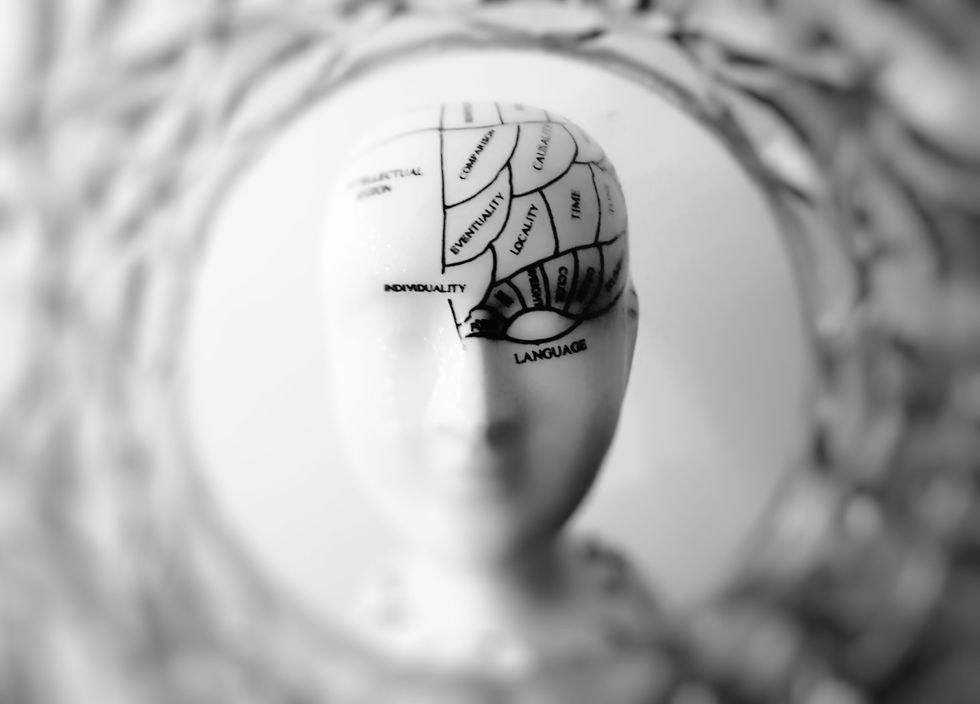The first thing my Psychology 101 professor told us when we began with the mental disorders unit was, "Just because you have taken this class and understand the 'Diagnostic and Statistical Manual of Mental Disorders, 5th Edition: DSM-5' does not mean you can diagnose others or yourself." Although psychiatrists and psychologists can use this manual to help diagnose patients with certain disorders, this is only done after extensive training and study, not after one or two Introduction to Psychology classes. What is clear is that unless you have studied Psychology to a certain level, you have zero jurisdiction in "diagnosing" mental disorders.
Now if you go anywhere online, you will see countless people talking about how they are depressed, anxious, need Adderall, or have OCD because they love to be organized. Now I do not deny that many of these people have been diagnosed by a medical professional with these disorders, but what is also true is that a lot haven't. I've also seen this "diagnosing" happen when people try to explain someone's actions and behaviors. The number of times I've heard someone say that another student is a slow worker because "he probably has some sort of developmental problem" or someone who is moody to be described as bipolar. These types of statements whether regarding oneself or others happened on almost daily basis in my life, whether it be from friends and family, overhearing others or swiping through social media.
Now this "diagnosing" of people can be a very dangerous and destructive act in a bunch of different ways. First off, when people diagnose themselves with these disorders, it may cause them to believe they can just treat it themselves, leading them to have unhealthy coping methods or self-medicate. It can lead people to believe that they do not need to meet with a professional but instead can "deal with it themselves." What they do not realize is that they can be incorrectly diagnosing themselves, or if they got it right, can be engaging in acts that can worsen their disorder.
What is also clear is that when people make these "observations," they are deciding which disorder people have based on stereotypes, which are many types completely inaccurate. This not only leads people to believe that they have a disorder, which their symptoms would not fit but also allows for the perpetuation of stereotypes when relating to mental disorders. It allows for ideas like people with OCD being super clean or people who have mood swings being bipolar to be how people perceive those disorders, even though those "characteristics" either oversimplify or misconstrue those disorders.
At the end of the day what is true is that unless you have studied mental disorders and how to diagnose them, you aren't qualified to tell yourself or others what they have. By doing that you can cause a lot of issues and help perpetuate stereotypes and misconceptions that continue to place mental disorders as a taboo topic. So please, do not try and be Dr. Phil, or any doctor for that case.
















